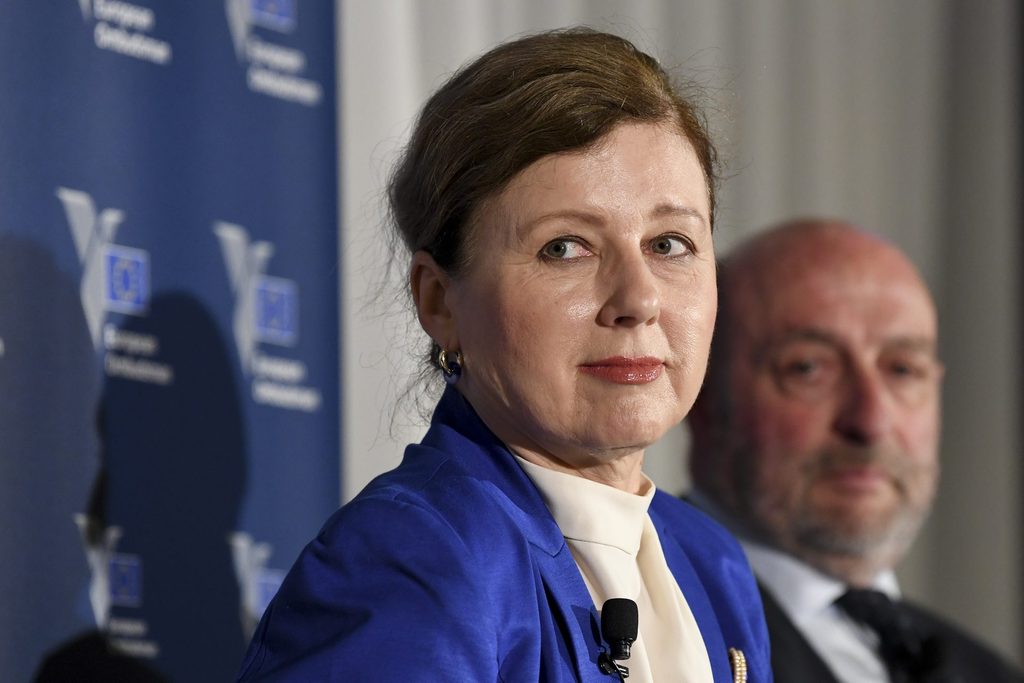The European Commission has rejected claims that a new EU ethics body will be toothless and fail to win back public trust following the Qatargate corruption scandal.
Launching the new watchdog today, Commission Vice President for Values and Transparency Věra Jourová said she hoped that the European Parliament and other EU institutions would "swiftly" agree on its remit – but admitted that she could not be sure when it will become a reality.
Jourová stated that the ethics body would "shine a clear light" on politicians and that the institutions could only survive if people trusted them.
The body will develop high standards, encourage best practices and promote an ethical culture. “It will not be toothless,” she insisted.
The Commission envisages that the new standards will apply to areas such as gifts, hospitality and travel offered by third parties, meetings with lobbyists, as well as post-mandate activities.
Standardisation, no sanctions?
Its rules still have to be agreed by ten EU institutions, advisory bodies and banks – the Commission itself, the European Parliament, Council of the EU, European Council, Court of Justice, Court of Auditors, European Central Bank, Economic and Social Committee, Committee of the Regions, and European Investment Bank.
Jourová will meet the leaders of each institution on 3 July to push for a rapid agreement. However, the Commission will not be responsible for enforcing the rules.
Each institution will adapt the standards within their own procedural rules – and each will decide what sanctions to apply if they are broken.
Commission President Ursula von der Leyen supported the creation of an inter-institutional ethics body at the start of her mandate in December 2019.
Related News
- 'Nothing ever happens': EU not doing enough to tackle corruption, poll shows
- Qatargate: Large cash withdrawals from Qatari embassy in Brussels
- Hungary cannot 'credibly' hold EU presidency in 2024, MEPs say
Jourová admitted that it had taken longer than she hoped to get the proposal off the ground. When she initially floated the idea in 2020, only the European Economic and Social Committee and Committee of the Regions agreed to join.
Stéphane Séjourné, leader of the Renew Europe group in the Parliament, has called for the ethics body to have powers to investigate conflicts of interest but the centre-right European People’s Party favours a lighter-touch approach.
EU law expert and Good Lobby founder Alberto Alemanno, took to social media to pour cold water on the move, saying that the proposed EU Ethics Body will be mainly advisory and will not have enforcing powers.
It will be a "talk shop fostering collaboration and exchanges among existing ethics bodies of different institutions, which remain exclusively competent to apply their own rules," he said.

